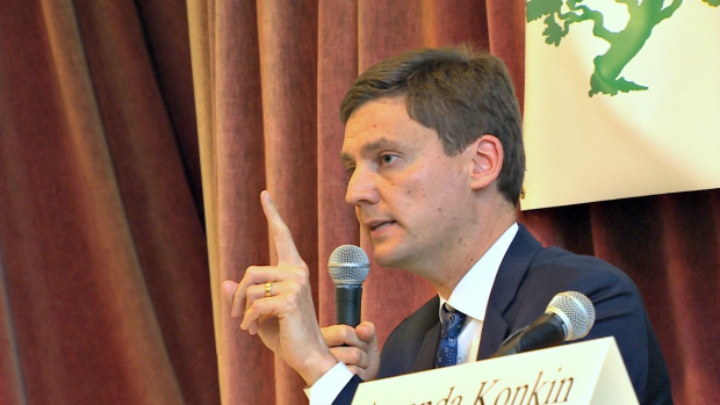
British Columbia’s NDP government has tabled legislation to ban donations from unions and corporations.
On Monday, Attorney General David Eby introduced the Election Amendment Act 2017 that will ban big money from politics. Retroactive to May 9 of this year, it will limit individual contributions to $1,200 a year, the second-lowest figure in Canada. Individual contributions will be restricted to residents of British Columbia who are Canadian citizens or permanent residents. Political donations from any corporation, organization or union will no longer be permitted.
Premier John Horgan said the legislation will take big money out of B.C. politics.
?The Wild West financing of the past will come to an end,? he said. ?It’s time elections were decided by voters, not by those with the most money in the kitty.?
According to Eby, the amended legislation caps contributions to third-party advertisers and requires ongoing public reporting of all fundraisers attended by major party leaders and cabinet ministers. This includes fundraisers held in private residences. Fundraisers will not be able to take place in a private residence if they are attended by a major party leader, cabinet minister or parliamentary secretary and if the charge to attend is more than $100.
The Election Amendment Act 2017 will also reduce campaign spending limits for candidates and political parties by about 25 per cent. The party limit is $1.16 multiplied by the number of registered voters in all electoral districts when an election is called. The candidate limit is a flat $58,000 in all districts, down from about $78,000.
There will also be new fines and penalties for contraventions of election financing and advertising laws.
The bill has several transitional provisions, including restrictions on the use of contributions received before the new legislation comes into effect. Political contributions previously collected that are not allowed under the new rules, including prior donations from unions and corporations or funds collected from a person in excess of $1,200, cannot be used in future elections.
Political parties will receive an annual allowance over the next five years in an effort to help wean them off unlimited corporate, union and individual donations. The allowance will diminish in value over time and a special committee of the legislature will review the allowance to determine if it needs to be continued after 2022.
Starting in 2018, political parties will receive $2.50 for every vote they got in the last election and funding will drop by 25 cents each year until 2021.
That means both the Liberal and New Democrat parties will receive just over $8.1 million over five years, while the Green party will get $3.4 million.
Eby said the government considered implementing a permanent vote subsidy similar to Quebec, but decided on the five-year allowance.
?Our proposal was to ban big money from politics in B.C.,? he said. ?We believe this bill achieves the goal.?
Eby acknowledged the NDP did not fully address its position on the party’s support for a vote subsidy before or during the election campaign.
The agreement to reform B.C.?s electoral finance laws was part of the Confidence and Supply Agreement between the NDP and the B.C. Green Party.
“I thank Mr. Eby and his office for their diligent work bringing this bill forward so early in the session. In the days and weeks ahead, we will work with the government to ensure that this legislation is comprehensive and adequately addresses the issues with the current system,” the B.C. Green Caucus said in a statement.
The B.C. Liberals did not oppose the legislation when it was introduced. Last week, the B.C. Liberal Party proposed a cap of $5,000 per year.
The new rules will take effect after the legislation is passed, except the individual contribution limit of $1,200, which will start on Jan. 1, 2018. In addition, the provision that there must be a minimum of seven days advance notice of fundraising functions to the chief electoral officer if the function will be attended by the leader of a major political party is effective on the date after the first reading of the bill. This does not apply to functions that were publicly announced prior to that date.
The provision requiring third-party advertisers that spend more than $10,000 to report sponsorship contributions within 14 days of receiving them would come into force in the future by regulation of the lieutenant governor in council.
Elections BC, the agency that monitors provincial elections, reported the B.C. Liberal Party raised $13.1 million in 2016, while the NDP took in $6.2 million and the Greens raised $757,268.
With files from The Canadian Press




